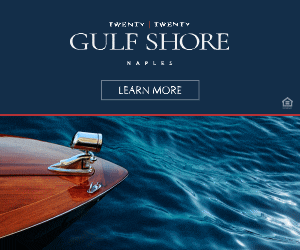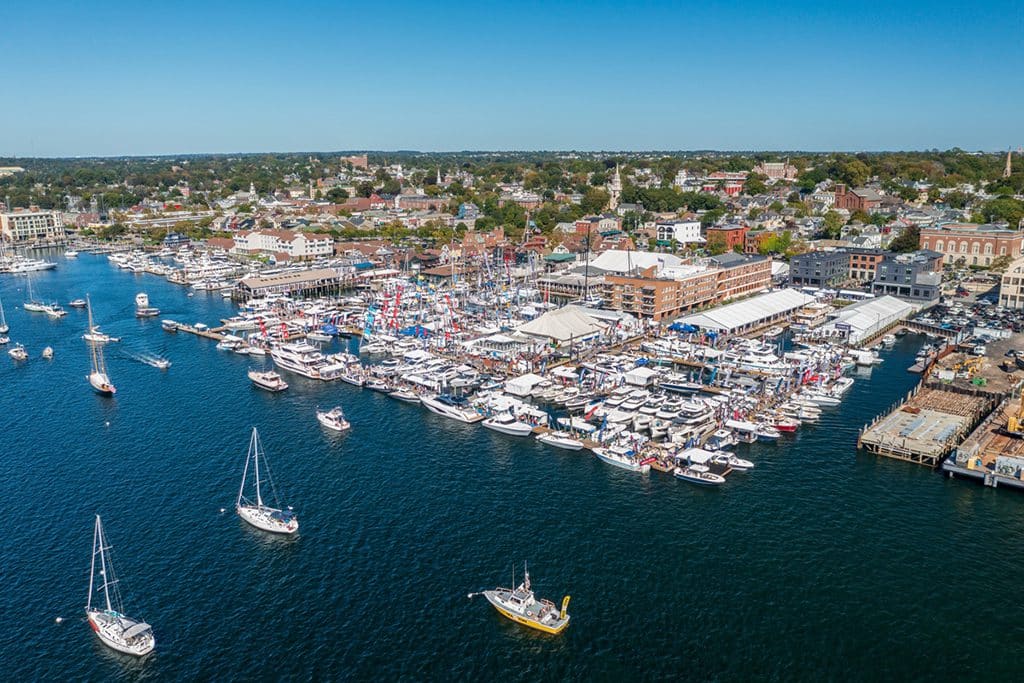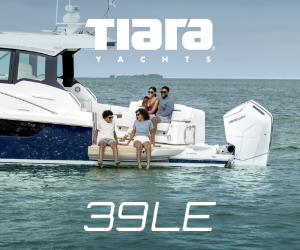The treasure hunter who raised one of the largest hauls in American history, Tommy Thompson, was arrested in West Boca Raton, Florida, in January after a two-year manhunt. Thompson found the sunken S.S. Central America off the coast of South Carolina in 1988. The ship sank in 1857 with 30,000 pounds of gold. Thompson sold treasure from the recovered vessel to a gold marketing group for $50 million. Project investors never saw any investment returns and sued. Although criminal charges were not filed against him, he is in custody until an appearance in an Ohio courtroom. Thompson was in seclusion since 2006.
The Florida Fish and Wildlife
Conservation Commission (FWC) posted results of their online Florida anchoring regulations survey. The FWC used input from public meetings and the survey to aid Florida’s legislature in drafting guidelines for new anchoring restriction laws in its first 2015 legislative session ending May 1st. Of six emergent concepts, “a setback distance where anchoring of vessels overnight in close proximity to waterfront residential property would be prohibited” is most significant. For details visit m.myfwc.com/media/2981333/Anchoring-Survey-Powerpoint.pdf.
Scientists in Charleston,
South Carolina, may soon discover what sank the Confederate submarine H.L. Hunley during the Civil War. The hand-cranked submarine raised from Charleston Harbor 15 years ago lay in a sodium hydroxide solution for 4 months last year to loosen its hull from hardened gunk. Scientists gingerly chiseled away at the coating to eventually reveal 70 percent of its hull. Perhaps the percussion of exploding gunpowder in its spar that sank the Union’s Housatonic knocked the crew unconscious.
The Florida House of Representatives
introduced a bill that defines vessels “at risk” of becoming derelict. If enacted, the legislation would define “at risk” vessels as a vessel exhibiting compartments that are designed to be sealed unsealed for an extended period of time, a vessel that is or is in danger of breaking free of its anchor, a vessel listing due to water intrusion and a vessel that is or has taken on water without an effective means of dewatering. If the bill is enacted, the occupant or registered owner can be warned or fined from $50 to $1,000 depending on the number of offenses.
If cruising near Topsail Island
and Wrightsville Beach, North Carolina, on weekends and at times during the week spring through fall, The Ice Cream Float Boat can satisfy your cravings for snacks, soft drinks and ice cream for $1-3 with on-the-water delivery. All it takes is a call or text to (910)777-9632 or e-mail jameson@ec.rr.com. theicecreamfloat.wix.com/theicecreamfloatboat or visit: theicecreamfloat.wix.com
Although E15
gas with 15 percent ethanol, isn’t sold at fuel docks, mariners need to be aware that in many states the gas is found at roadway gas stations where trailered boats and jerry jugs are filled. In North Carolina, Sheetz Convenience Stores will sell the gas at 60 of their stores beginning in 2016. Any gas with 10 percent or more of ethanol can do severe damage to marine engines.
By Nancy E. Spraker, Southern Boating May 2015















